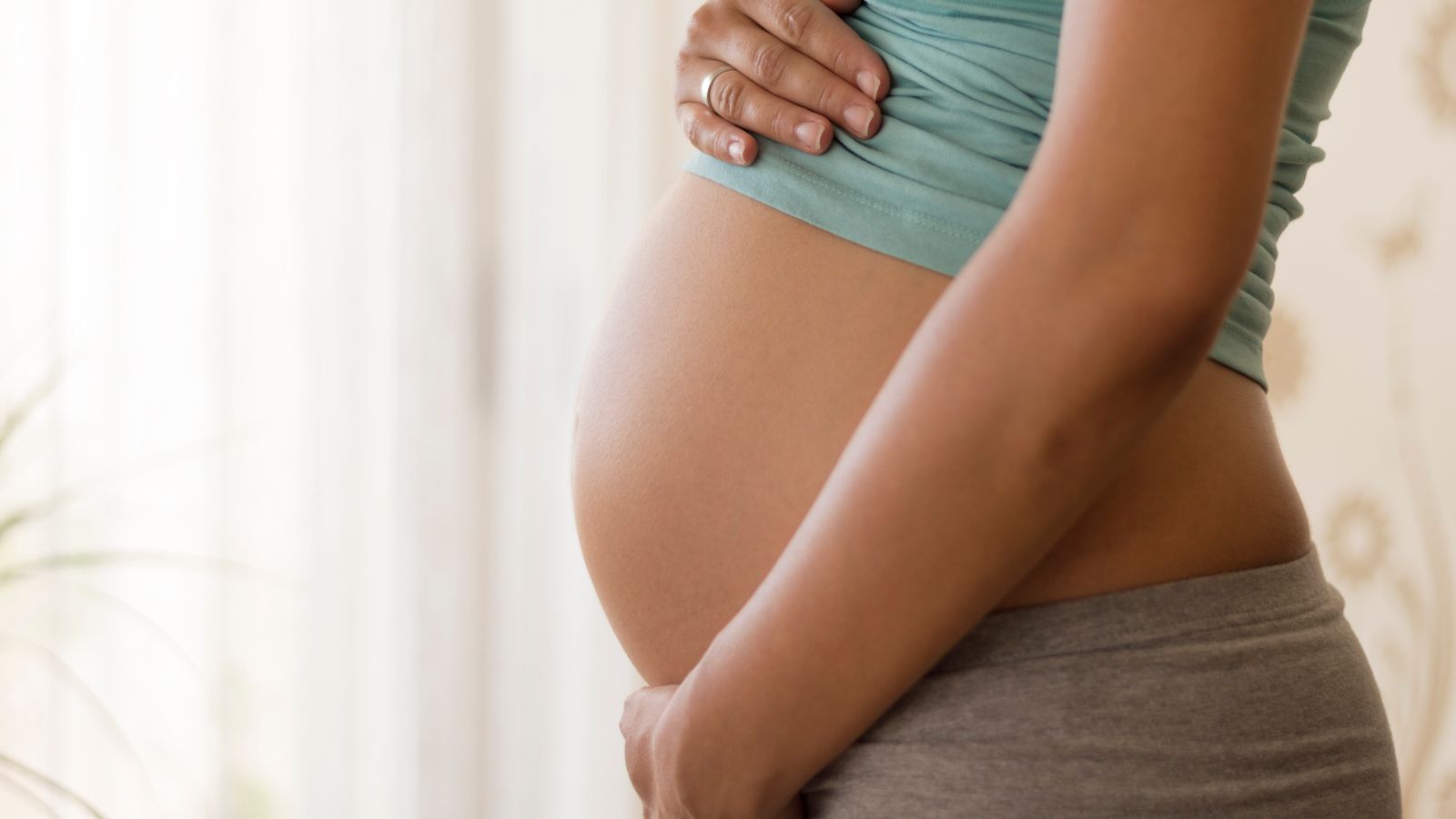Scientists have discovered why some women experience more severe morning sickness than others during pregnancy, in a breakthrough that could lead to a possible treatment.
The condition is triggered by exposure to a hormone called GDF15, produced by babies in the womb, according to academics from the UK, US and Sri Lanka.
Their research, published in scientific journal, Nature, has revealed women who are more sensitive to the hormone will endure more debilitating symptoms.
But it is hoped the discovery could now lead to a “safe and effective” treatment of severe morning sickness, known as hyperemesis gravidarum (HG), which can lead to prolonged vomiting and dehydration, with some women needing hospital treatment.
The rare condition affects just 3.5 per 1,000 pregnant women – including the Princess of Wales, who suffered from HG while she was expecting all three of her children.
She was hospitalised while pregnant with Prince George, 10, and Princess Charlotte, eight, but was cared for at Kensington Palace while awaiting the birth of her second son, Prince Louis in 2017.
To develop a better understanding of HG, the research team analysed data from women in various studies, including at the Rosie Maternity Hospital in Cambridge.
Customers left in limbo as online dentistry firm Smile Direct Club shuts down
Bedbug hoax targeting tourists in Greece, authorities warn
Girls who start their periods at a younger age may have higher risk of developing Type 2 diabetes later in life
The level of nausea experienced by women was linked to the levels of GDF15 produced by the foetal part of the placenta.
Professor Sir Stephen O’Rahilly, director of the Medical Research Council metabolic diseases unit at the University of Cambridge, said: “Most women who become pregnant will experience nausea and sickness at some point, and while this is not pleasant, for some women it can be much worse – they’ll become so sick they require treatment and even hospitalisation.
“We now know why: the baby growing in the womb is producing a hormone at levels the mother is not used to.”
The more sensitive a woman is to GDF15, the more unwell she will become, Sir Stephen said, adding: “Knowing this gives us a clue as to how we might prevent this from happening.”
‘Step closer’ to effective treatment
Study co-author, Dr Marlena Fejzo, of the department of population and public health sciences at the University of Southern California, said the research was a “step closer” to developing effective morning sickness treatments.
Dr Fejzo suffered severe symptoms while pregnant which meant she could “barely move without being sick”.
“When I tried to find out why, I realised how little was known about my condition, despite pregnancy nausea being very common.
“Hopefully, now that we understand the cause of hyperemesis gravidarum, we’re a step closer to developing effective treatments to stop other mothers going through what I and many other women have experienced.”
Be the first to get Breaking News
Install the Sky News app for free
Read more:
One in five have natural pregnancy after giving birth with fertility treatment
Pregnant women ‘suffer in silence’ with mental health issues
Woman with rare double uterus pregnant in both
GDF15 is made at low concentration in most of the body’s organs.
Women with lower levels in her blood when they are not pregnant could be at higher risk of developing HG, the study showed.
Women with the inherited blood disorder, thalassemia, which causes higher GDF15 levels outside of pregnancy, experienced little or no nausea or vomiting while expecting.
‘I was vomiting up to 30 times a day’
Chief executive of charity Pregnancy Sickness Support, Charlotte Howden, was vomiting up to 30 times a day while pregnant with her son, Henry, in 2016.
She was eventually given medicine by her GP that left her “comatose” and needed to be admitted to hospital.
This happened on three occasions after what she described as a “complete disconnect between my GP and the consultant”, before she was given the right treatment at 16 weeks gestation.
Ms Howden said: “I’m so grateful for the dedication of the researchers, because this isn’t a condition that really ever made the headlines until the now Princess of Wales suffered with it.
“It wasn’t an area of research that people were really interested in. It was just morning sickness – why should we care?”





